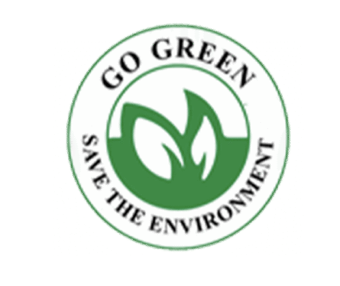Go Green Malawi

| Country/Territory | Malawi |
|---|---|
| Organization Type | NGO (Civil Society) |
| Website | https://gogreenmwi.org |
| Phone | Malawi +265 881 142 852 I Germany +49 (0) 151 20245795 |
| Contact |
Patrick Binoni Moffat Mandio (Founder I Malawi Office) |
| Description | Go Green Malawi is a community-based environmental organization headquartered in Nkhata Bay, Northern Malawi. Working at the intersection of ecosystem restoration, climate-smart livelihoods, and community systems change, the organization enables communities to design, adopt, and sustain practical, low-cost solutions that strengthen both people and nature. Go Green Malawi partners closely with local authorities, schools, and civil society to restore degraded landscapes, promote regenerative agriculture, advance circular waste systems, and build awareness for sustainable resource management along the Lake Malawi shoreline. Through participatory training, demonstration plots, and youth engagement, the organization connects knowledge with action and ensures that solutions remain in community hands long after projects conclude. A. Core Programmes 1. Reforestation and Tree Nurseries
2. Climate-Smart Agriculture and Permaculture
3. Digitalization in Agriculture
4. Waste Sorting, Recovery, and Recycling
5. Conservation Education and Youth Engagement
6. Lake and Fisheries Protection
7. Farmer Outreach and Research
B. Areas of Expertise • Participatory community mobilisation and co-creation
C. How We Work • Local-first implementation with a Nkhata Bay-based team
D. Collaboration and Partnerships Go Green Malawi works with smallholder farmers, youth and women’s groups, schools, fishing communities, and local enterprises, coordinated through district departments in forestry, agriculture, fisheries, and environment. Partners can expect practical co-design, efficient programme delivery, transparent results reporting, and visible community ownership that ensures long-term sustainability. |